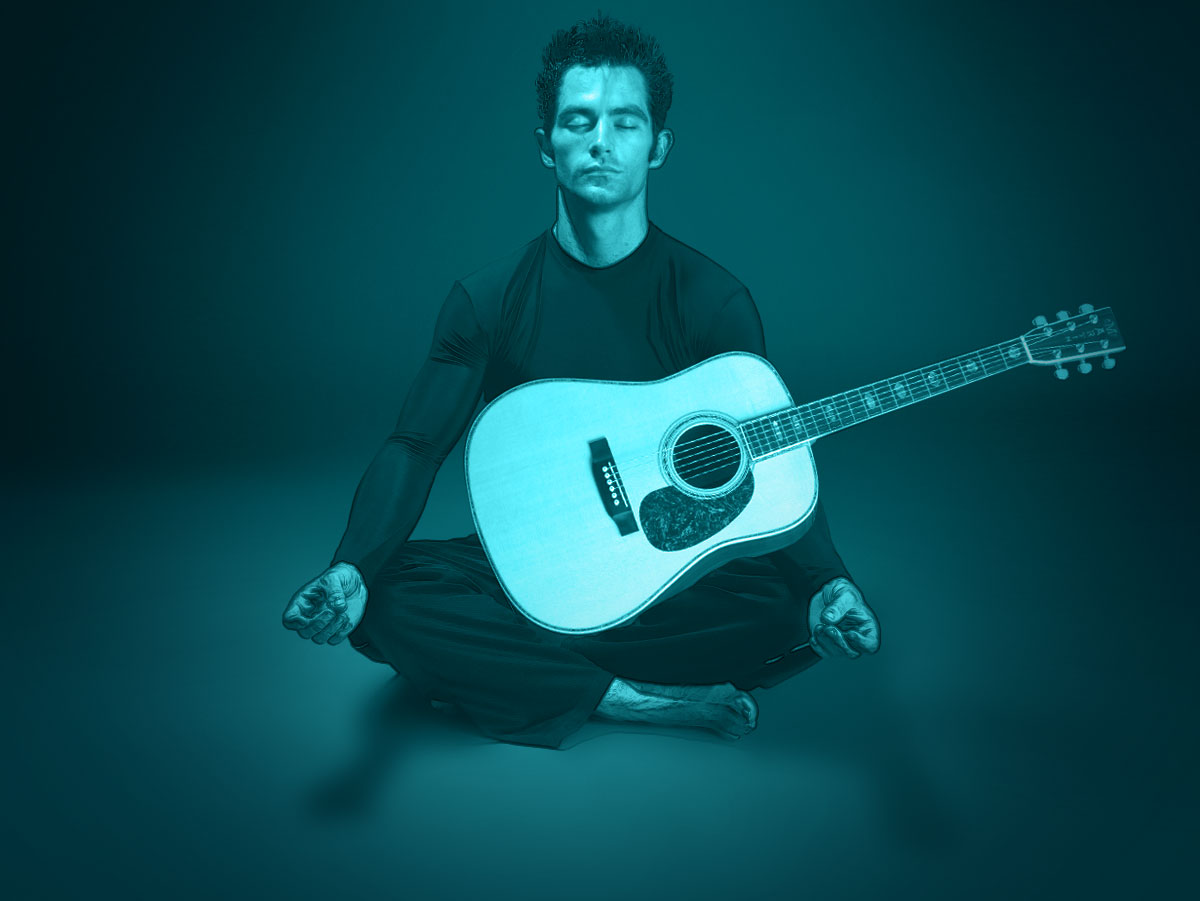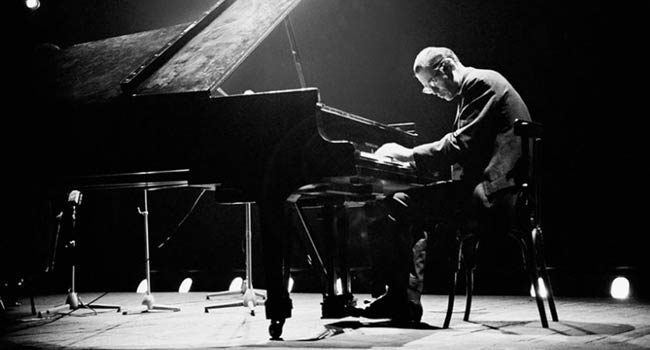- Published Oct 24, 2013 in Music 101
There they are. Those pesky thoughts, jumping up and down on your practice session and distracting you from the matter at hand. Banish them forever and play better now.
We are not our thoughts, people. But more about that later.
Practicing, learning, rehearsing, crafting, performing and life can all begin a mini-dialogue in one’s mind, and sometimes this dialogue goes south. This is almost inevitable when someone takes what they do seriously. And if you don’t take what you do seriously at some level, please stop reading this. Stop. Now. And start taking your shit seriously enough that you actually feel bad when you can’t do something new, or do it up to a standard you value and can commit to.
[A] mindset of mindfulness, combined with appropriate practice logging, can foster an optimal perspective from which to continue growing in your craft.
Commitment. It can be inspiring and motivational on the good days or beat you down like a saddle that’s been ridden hard and put away wet on the bad days. So let’s talk about those bad days and how we get through them.
One word:
Mindfulness.
We are not our thoughts. And I don’t mean that in a spiritual New Age way that requires a chai latte and sage incense to wrap your head around and apply. Think of it like this: your adrenal glands are a vital part of your endocrine system and they are responsible for spitting out adrenaline. The funny thing about adrenaline is, you can sit back and observe the effects of it’s release into your system without “fusing” with the emotions that may be tethered to them.
That is, you can sit back after a good scare and observe the increased heart rate and breathing rate, goosebumps, vigilance, sweating, etc, while in a completely relaxed state and merely observe these phenomena without still feeling fear or letting it morph into anger. In sum, you are not your adrenaline.
In the same sense, I need you to think of your brain as a vital part of your nervous system that is responsible for spitting out thoughts. The funny thing about thoughts are, you can also sit back and observe the effect of their release into your system without “fusing” with the emotions that may usually be tethered to them.
Practice makes perfect(er).
With practice, you can sit back after or during a practice session on a bad day and listen to your brain spit out thoughts like “you’re not good enough”, “you should be able to do this better”,“what’s wrong with you?” while in a completely relaxed state and merely observe these phenomena without feeling upset or discouraged or letting it morph into sadness or depression.
This mindset of mindfulness, combined with appropriate practice logging, can foster an optimal perspective from which to continue growing in your craft. In order to prove to yourself the value of your endeavors, review your practice log and track your progress over time. There will no doubt be demonstrable evidence of improvement that can frame today’s setbacks in a context of growth.
There is value in what you do. You prove it with every effort you put forth to better yourself. If you’re having a bad day and your brain is spitting out thoughts that bring you down: Pause, thank your brain for working, notice the thoughts without fusing with them, let them float away, practice some more, or not. Maybe today isn’t the day. You’re allowed.
But it all begins with a breath.
Inspire.



